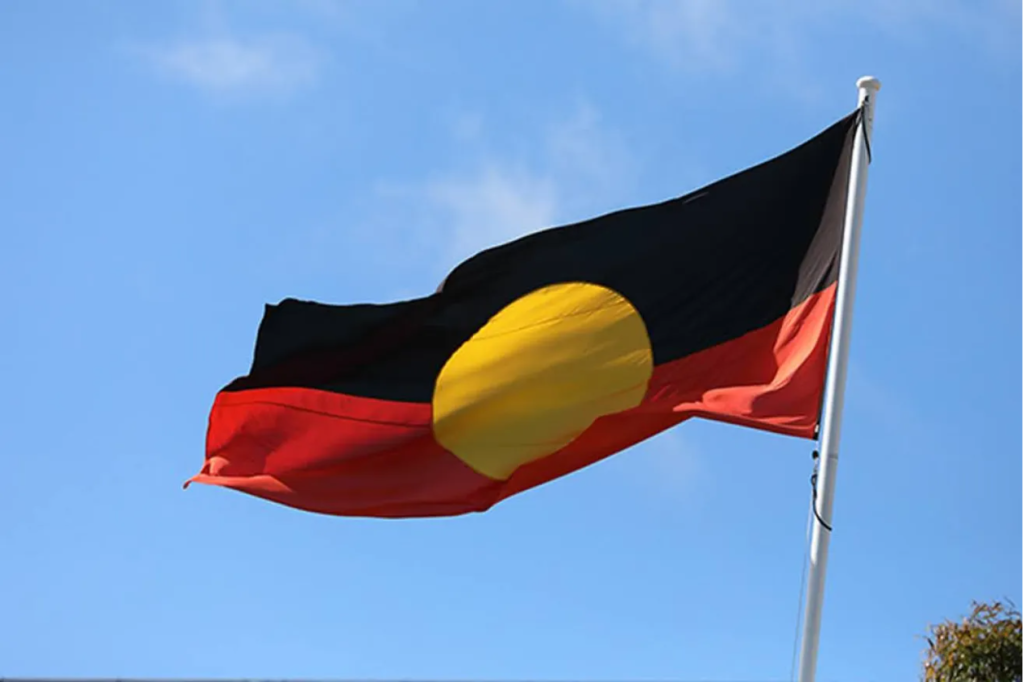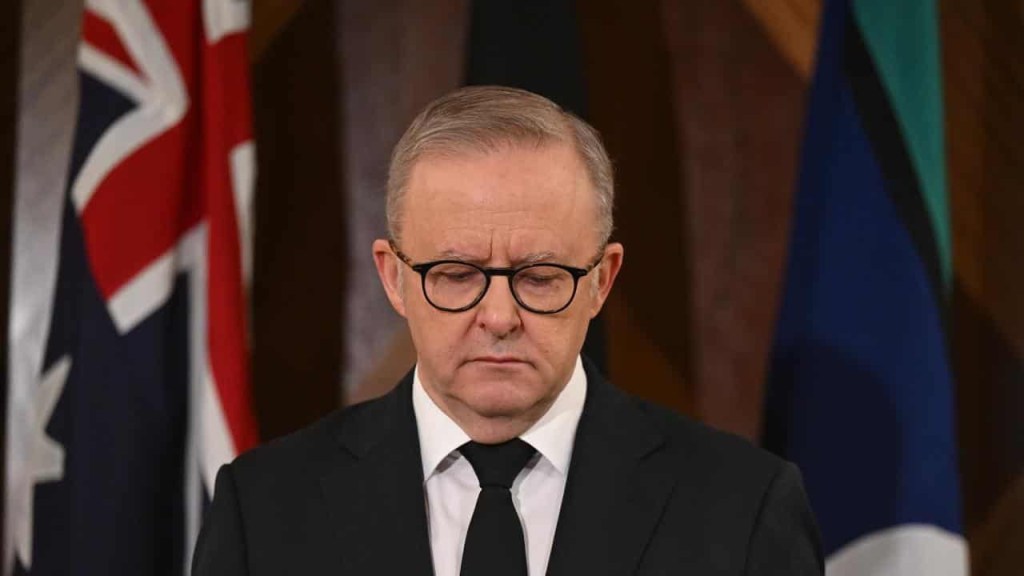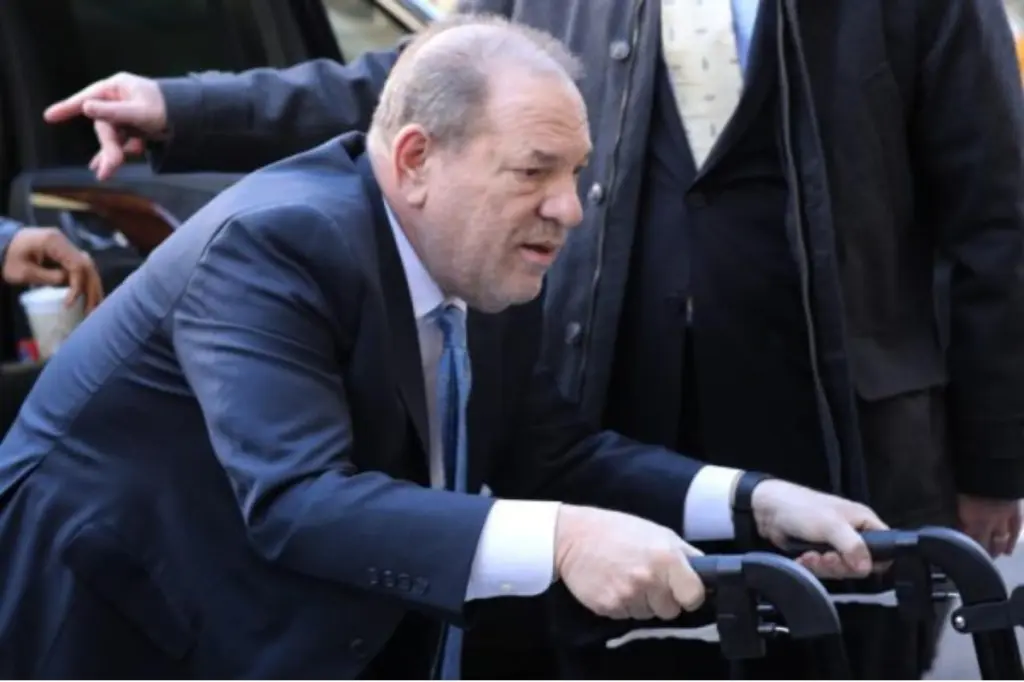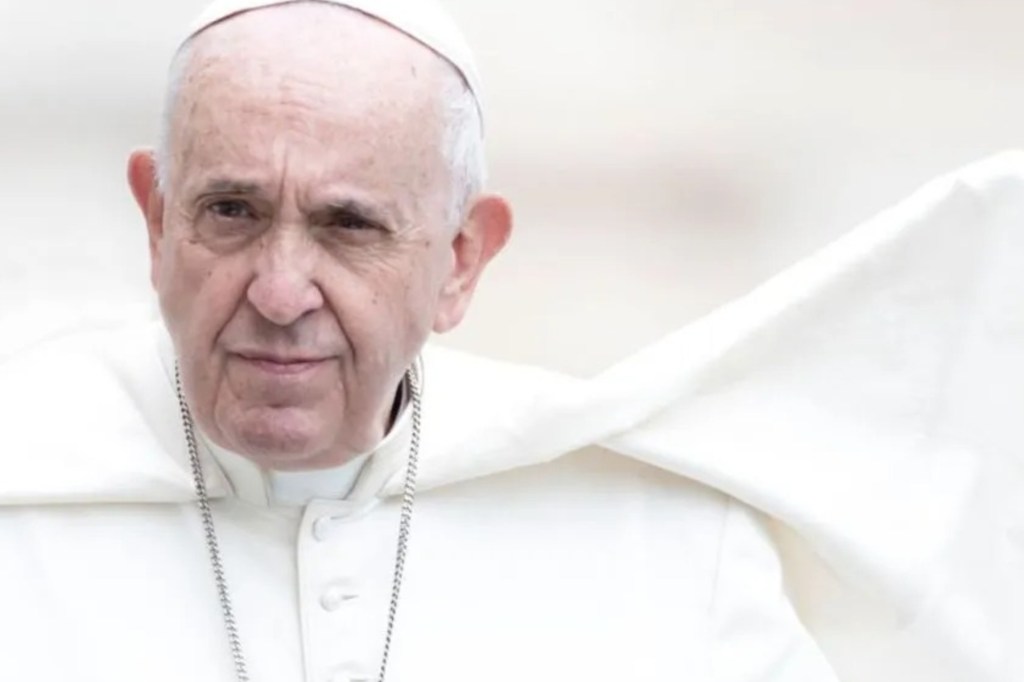Nominations open for SA Voice to Parliament
Nominations opened today for the South Australian First Nations Voice to Parliament, after being delayed last June amid the national Voice referendum.

An Indigenous Voice to Parliament was legislated in South Australia in March 2023 and was intended to begin last year, but the election, originally set for September 2023, was postponed amid debate about last year’s national Voice referendum to distance the issues.
Nominations are now open until 5pm on February 12, with the election set for March 16, and the results to be declared on March 25.
Eligible people must be Aboriginal or Torres Strait Islanders, either live in the region they are nominating for, be a Traditional Owner of the land, or have some other cultural connections to the region.
Minister for Aboriginal Affairs Kyam Maher said the state Voice will give Aboriginal and Torres Strait Islander people the chance to represent their local community.
“I would urge all South Australia Aboriginal and Torres Strait Islanders with a passion for their communities and a desire to see better outcomes to stand up and nominate for these important roles,” Maher said.
You might like
Under the legislation, six regions will be established, five of which will elect seven members, with the central region, including Adelaide, to elect 11 representatives to reflect the higher Indigenous population in the area.

The SA Voice will be made up of members from six separate regions. Photo: Government of South Australia.
Each region will then select two members to join a group that will speak directly to the state parliament on legislation of interest to Aboriginal people.
Only South Australian Aboriginal and Torres Strait Islander people will be able to vote in the election, which will not be compulsory. Voters must be enrolled on the State Electoral Roll by February 12.
Stay informed, daily
Commissioner for First Nations Voice Dale Agius welcomed nominations.
“This is a first for South Australia’s First Nations people to take a leading role in shaping the future of communities,” Agius said.
“It’s an opportunity to engage with decision-makers at the highest level of the state government and shape the policies that impact our lives.”
The South Australian Voice will supersede the South Australian Aboriginal Advisory Council, which has operated as the SA government’s peak advisory body on Aboriginal affairs matters since 2006.
The council wrapped up in June 2023 in anticipation of the South Australian Voice.
Nominations are open online, or can be posted to nominees who do not have access to the internet.
Shadow Minister for Aboriginal Affairs Josh Teague today said the state-based Voice would cost taxpayers $1.5 million annually, and asked why the premier has not been promoting it as he did with the national Voice, which was rejected at the referendum.
“There would be many South Australians out there that are totally unaware that the state-based Voice is progressing,” Teague said.
As the SA Voice to Parliament was introduced through legislation, unlike the proposed national voice which would have been written into the Australian Constitution, it can be disbanded by future parliaments through an act of parliament.
There have already been attempts to repeal the legislation, with One Nation MP Sarah Game introducing a bill in October 2023 to repeal the state-based Voice, however One Nation and the SA Liberals did not hold enough seats to pass the bill in the Upper House.








